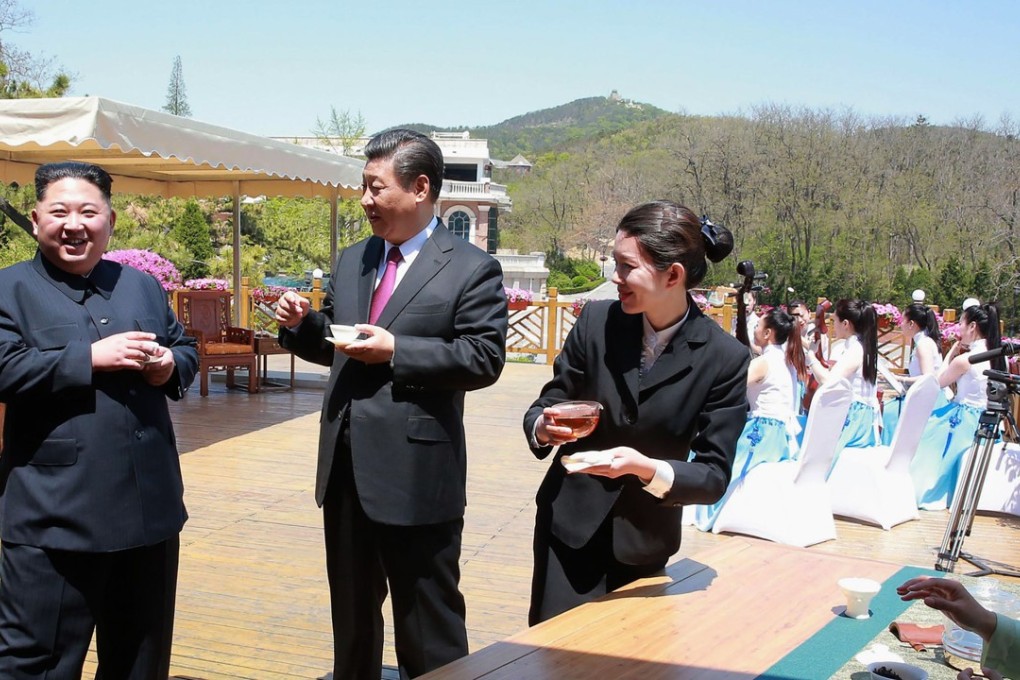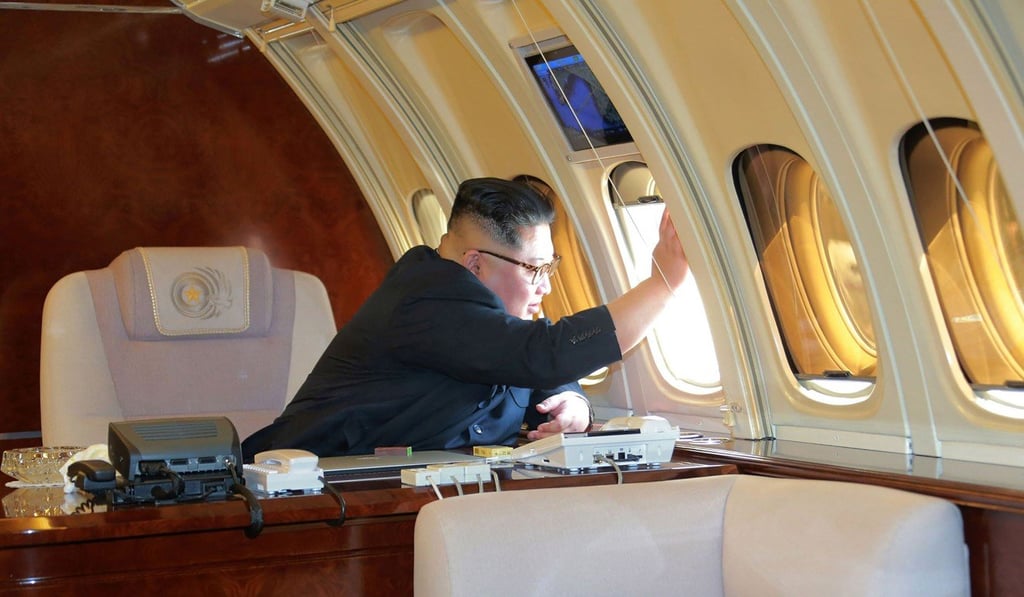Why a booming Chinese port was the ideal venue for Kim Jong-un’s latest visit
The choice of Dalian for the North Korean leader’s surprise visit was a nod to the two countries’ shared history but may also offer clues to his plans for the future

The choice of venue for Kim Jong-un’s surprise visit to China this week was steeped in symbolism as state media reports promoted the shared history between the two communist neighbours.
Observers suggested that Dalian, a port city in the northeastern province of Liaoning that has hosted other members of the Kim dynasty, could also play a key role in the future economic development of both sides.
The North Korean leader, who wrapped up his two-day visit on Tuesday, praised his Chinese counterpart Xi Jinping for showing the “utmost sincerity” in agreeing to meet him in the city, according to North Korea’s official Korean Central News Agency.
“Dalian is where President Kim Il-sung and leader Kim Jong-il left their historic footprints that would remain forever in the annals of the DPRK-China friendship,” he said, referring to his grandfather and father.
Kim said bilateral ties had entered “a fresh heyday” following his “warm and emotional” meetings with Xi, his second this year, according to the detailed report published hours after his Dalian trip.

Some members of the North Korean delegation visited the Donggang business district and Hualu Group, a state-owned electronics manufacturer, the report added.